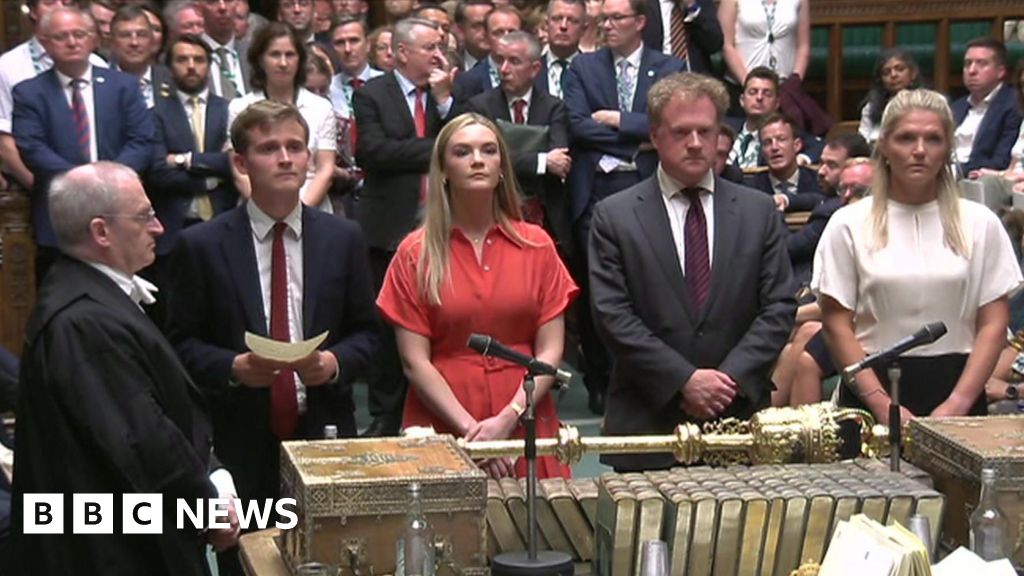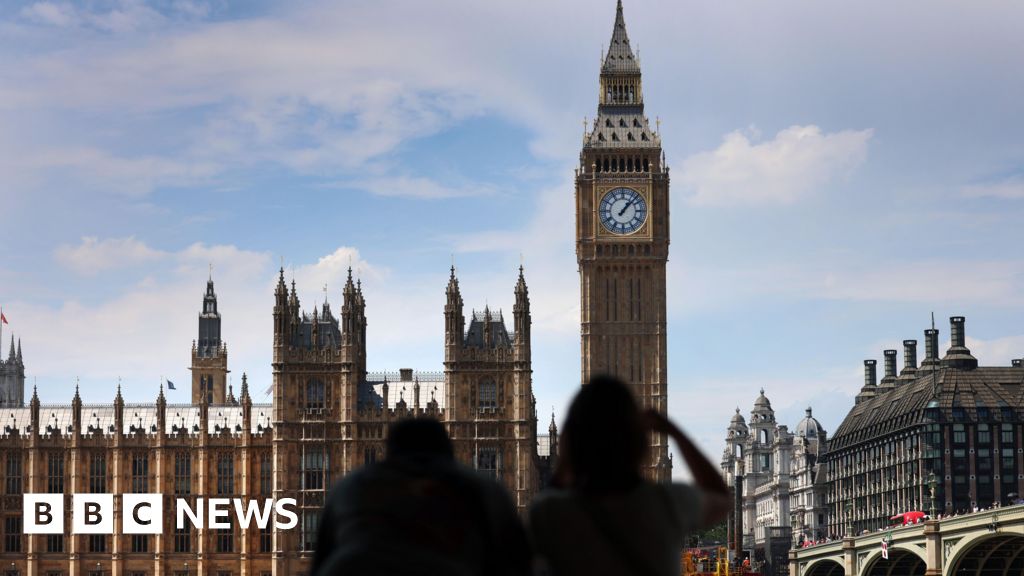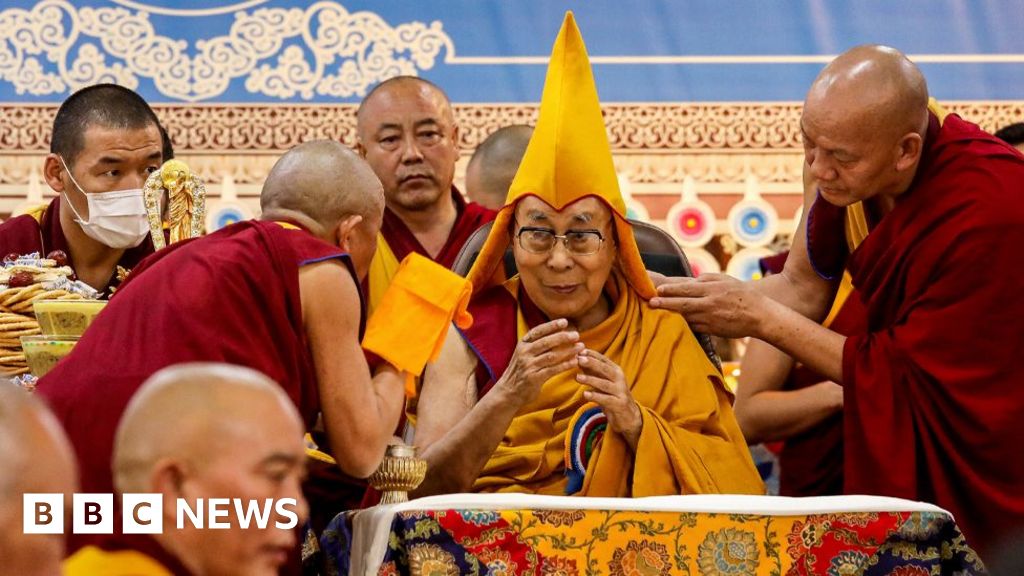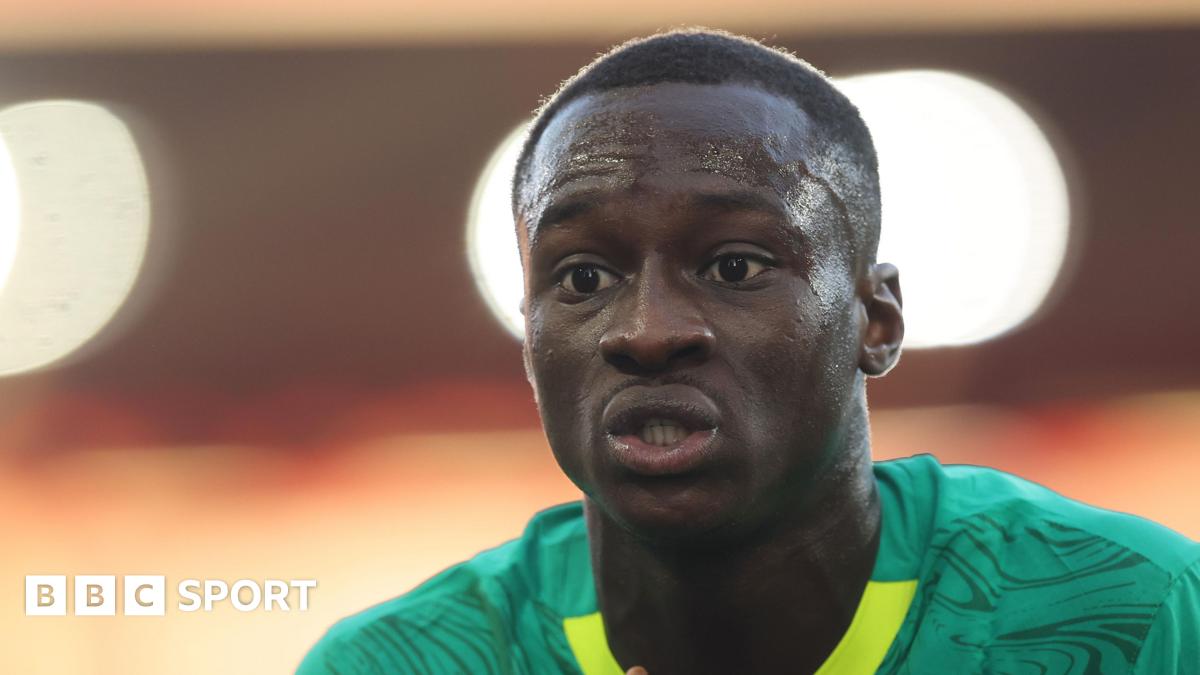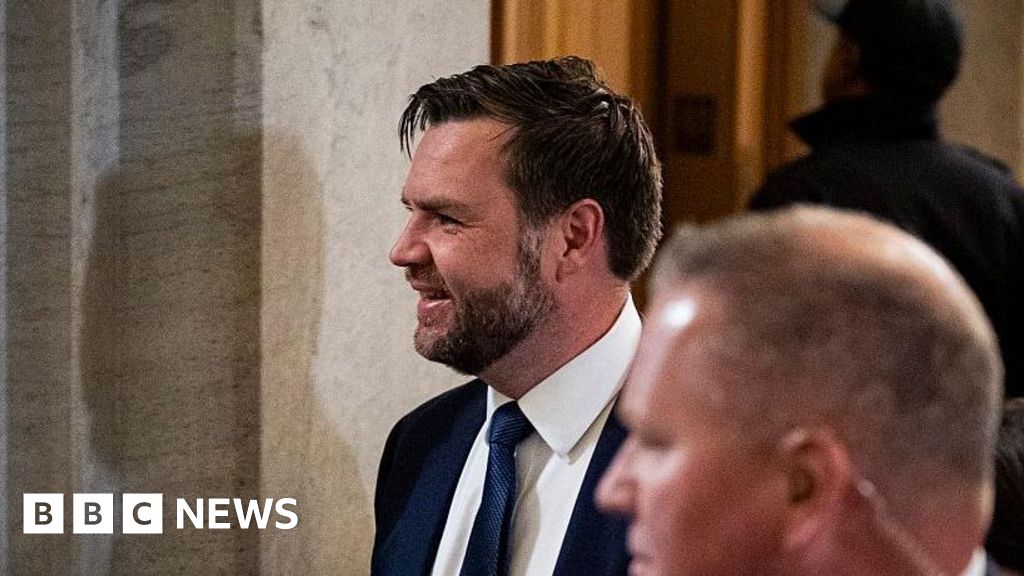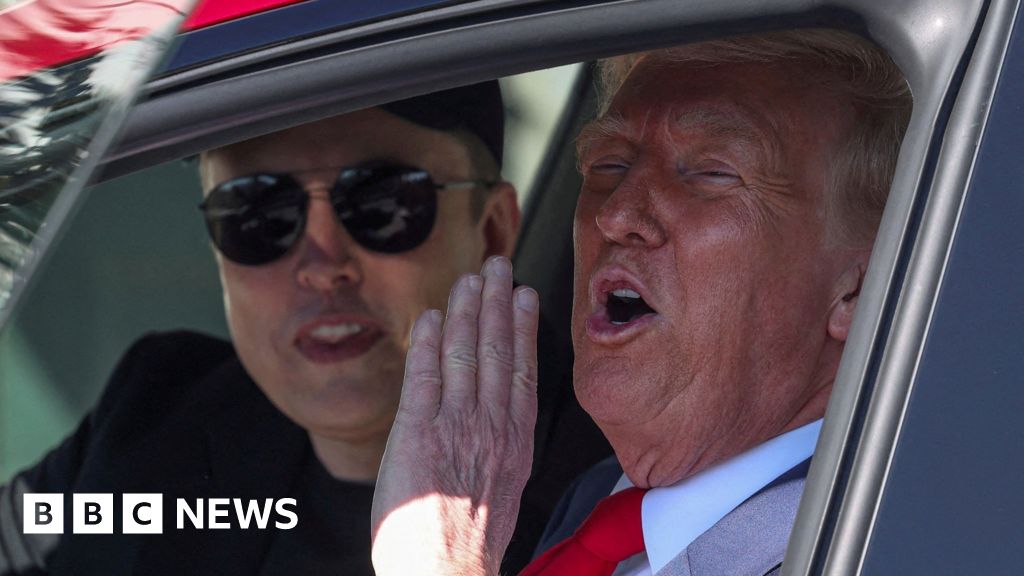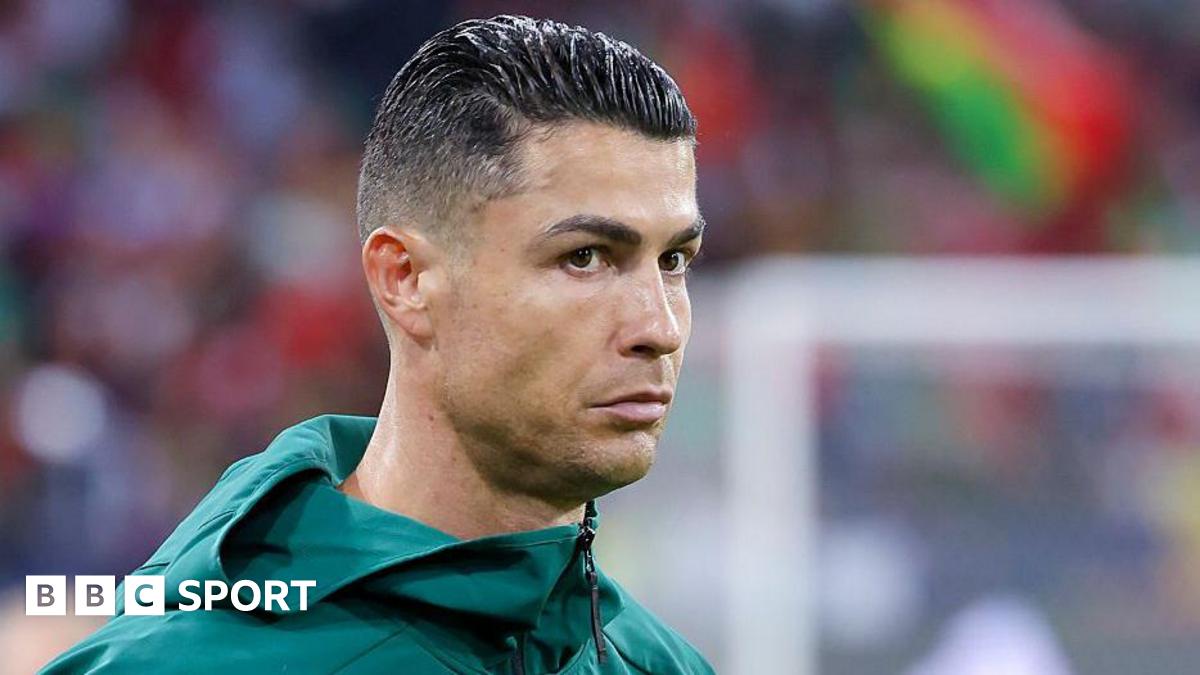Stephen McDonell
BBC China correspondent

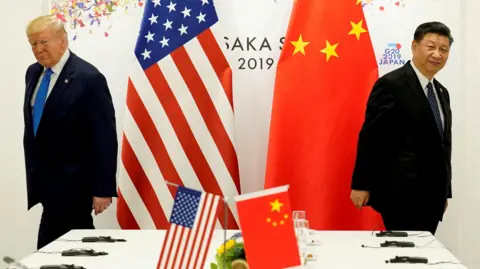 Reuters
Reuters
Neither Donald Trump nor Xi Jinping looks like they are going to back down on tariffs soon
American companies looking to sell into the huge Chinese market have just taken a big hit. A 34% price increase on all US goods entering the country will knock some out of here altogether.
This is especially bad for US agricultural producers. They already had 10 or 15% tariffs on their produce entering China, in response to the last round of Trump tariffs. Now, if you add 34% on top of that, it is probably pricing most of them out.
Beijing doesn't seem too worried about looking elsewhere for more chicken, pork and sorghum and – at the same time – it knows it is whacking the US president right in his heartland.
Globally, all of this has analysts worried.
The problem is that supply chains have become so international, components in any given product could be sourced from all corners of the planet.
So, when the ripples of economic distress start spreading from country to country, it could have potentially catastrophic consequences for all trade.

 AFP
AFP
US agricultural producers hoping to export to China will be among the hardest hit
Most concerning is that the world's two greatest economies are now at each other's throats with no indication that either is preparing to backdown.
Just take the timing of Beijing's announcement.
The Chinese government revealed its promised "resolute countermeasures" to Trump's latest tariffs in a written statement from the finance ministry at 18:00 local time (10:00 GMT), on a Friday night, which is also a public holiday.
The timing could mean several things.
1. It wanted to somewhat bury the news at home, so as to not spook people too much.
2. It simply made the announcement as soon as its own calibrations had been finalised.
3. Beijing had given up on the hope of using the small window it had before Trump's 54% tariffs on Chinese goods took effect next week to do a deal. So, the government just decided to let it rip.
If it is the last of these reasons, that is pretty bleak news for the global economy because it could mean that a settlement between the world's superpowers could be harder to reach than many had expected.
Another indicator of President Xi's attitude towards President Trump's tariffs can be seen by what he was doing when they were announced.
Elsewhere, governments may have been glued to the television, hoping to avoid the worst from Washington.
Not here.
Xi and the six other members of the Politburo Standing Committee were out planting trees to draw attention to the need to counter deforestation.
It presented a kind of calmness in the face of Trump, giving off a vibe along the lines of: do your best Washington, this is China and we're not interested in your nonsense.
There is still room for the US and China to cut some sort of deal, but the rhetoric does not seem to be heading that way.
Another possible path is for China to increase its trade with other countries – including western nations once seen as close allies of the US – and for these new routes to essentially cut America out of the loop.
Again, this would hurt not only US companies but also US consumers who will already be paying higher prices thanks to Trump's tariffs.

 2 months ago
71
2 months ago
71

